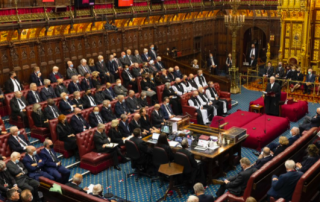The Polymathics of AI Ethics
As AI increasingly makes moral judgments across diverse cultures, Western philosophical foundations alone may not suffice. However, ancient Chinese traditions offer valuable alternative frameworks for AI ethics. The “lost wallet problem” reveals how Kant, Mengzi, and Daoist perspectives approach the same moral dilemma with fundamentally different reasoning. In our latest LSE Philosophy blog article, CPNSS visitor Percy Venegas […]












Connect with us
Facebook
Twitter
Youtube
Flickr